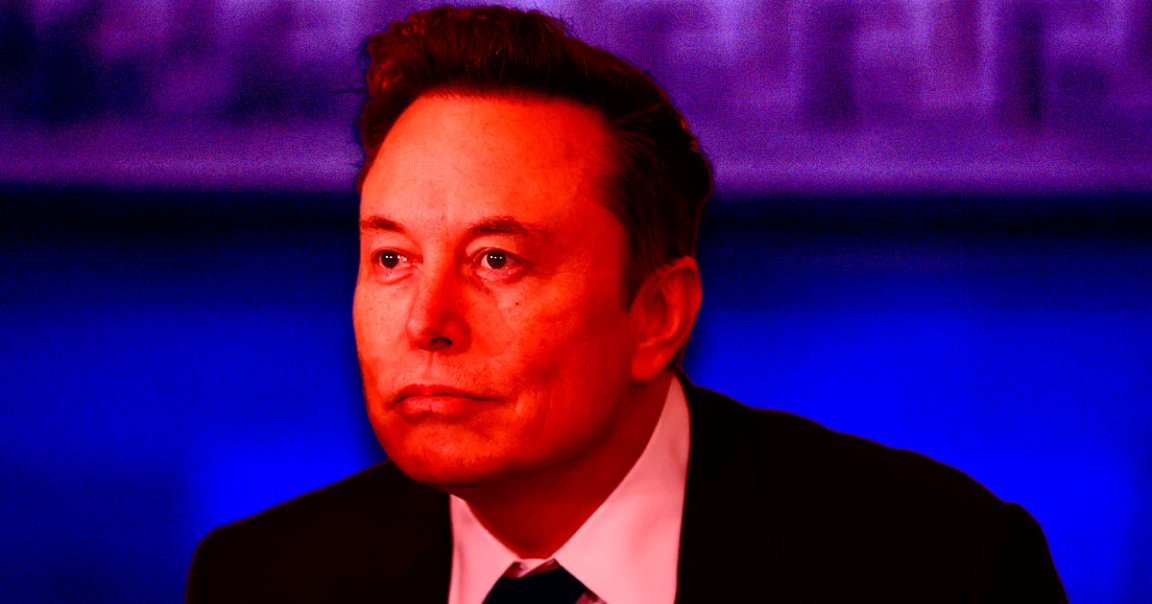
Last week, multi-hyphenate billionaire and White House operative Elon Musk made a gigantic $97.4 billion bid to buy the nonprofit that controls OpenAI.
Musk cofounded the ChatGPT maker alongside current CEO Sam Altman in 2015, but ragequit four years later after growing frustrated with its direction.
Ever since, Musk has maintained that OpenAI needs to “return to the open source, safety-focused force for good it once was,” as he told the Wall Street Journal in a statement earlier this month.
While OpenAI’s board has since rejected the offer, the actions of Musk’s competing xAI startup highlight a glaring double standard.
Specifically, while Musk has repeatedly excoriated OpenAI and its leadership for refusing to open source its AI models, his own AI company has yet to do the same. As ZDNet points out, the startup has only open sourced its first AI model, dubbed Grok 1, back in March, roughly four months after its initial release.
All subsequent models, including Grok 3, which was released earlier this week, remain closed source, demonstrating Musk’s hypocritical stance on the matter.
Musk made four separate legal filings against OpenAI in 2024 alone, accusing it of losing track of its open source roots, and instead becoming a “closed-source de facto subsidiary” of investor Microsoft while ignoring its promise of developing a “safe” AI that “benefits all of humanity.”
The definition of “open source” has shifted significantly over the last few of years. The term once indicated that a given program’s source code was available to the public.
In the age of AI, however, companies have instead started releasing their models’ “weights,” which are parameters that determine the strength of connections between neurons of an artificial neural network.
The shifting definition of open source has remained the subject of much debate, especially considering the release of Chinese AI startup open source DeepSeek’s R1 reasoning model, which blasted a hole in the Western tech sector by demonstrating that capable models can be run at a tiny fraction of the cost of power players like OpenAI.
Despite the growing embrace of open source AI, the majority of xAI’s models remain a “black box,” much like the ones trained by its competitor OpenAI.
In other words, Musk’s xAI is exactly the kind of entity he has accused OpenAI of turning into in his lawsuits.
Whether its conventional, closed-source approach means that the richest man in the world’s AI company is behind the times remains to be seen. It’s nonetheless a glaring instance of Musk’s unwillingness to hold himself to the same standards that he demands of others.
More on xAI: Elon Musk’s AI Company Just Sacked an Engineer for Posting About Its Upcoming AI Model